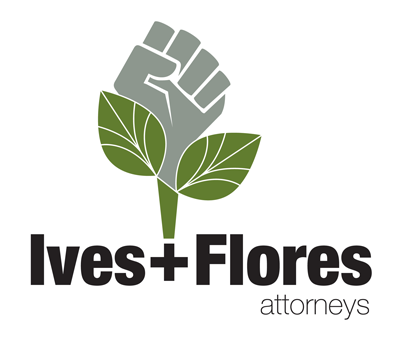Last year, members of the Albuquerque Police Department (APD) fired shots at 18 people. Ten of them were killed and three were injured. Who should have the final say when investigating whether those shootings were lawful?
Currently, a great deal of that authority rests with the Civilian Police Oversight Agency (CPOA) Board. That is a volunteer board made up of citizens tasked with addressing officer misconduct.
According to an analysis by the Albuquerque Journal, the CPOA Board currently gets to determine whether the CPOA executive director can move forward with disciplinary recommendations to APD leadership. It also vets candidates when the executive director is replaced and sets the executive director’s salary.
The CPOA Board has too much authority, according to at least four members of the city council. They recently issued a proposal to restructure the CPOA. The proposal, the Journal says, would make the board smaller and reduce its authority.
According to the Journal, the sponsors of the proposal did not feel it was necessary to inform the CPOA Board that it was being overhauled or to seek its input. A current board member told the Journal he is “disgusted” by the proposal, which he described as rushed.
He noted that the proposal is going straight to the full city council without going through the usual committee process.
“As much as there’s a lot of talking about wanting to get better, the writing on the wall is we don’t want anything to change,” he told the Journal.
Things need to change. The Albuquerque PD is currently subject to U.S. Department of Justice oversight for longstanding civil rights issues.
What would this proposal do?
For one thing, the Civilian Police Oversight Agency (CPOA) Board would be renamed the Civilian Police Oversight Advisory Board.
The current CPOA Board is supposed to have nine members but is currently understaffed at six. The proposal would permanently reduce the board to five members.
It would move some responsibilities from the board to the executive director or a new “contract compliance officer” who would report to the city council.
The board would no longer play a role in vetting candidates for the executive director or set the director’s salary. It would also remove the board’s authority over the executive director’s disciplinary recommendations to APD leadership.
The proposal appears to eliminate the board’s authority to recommend policy changes to the APD.
The proposal would require the board to consider input on policy from the city’s community policing councils.
It would provide token compensation for the board members.
Will this proposal make it harder to change the APD’s policies and culture so they comply with civil rights mandates?
